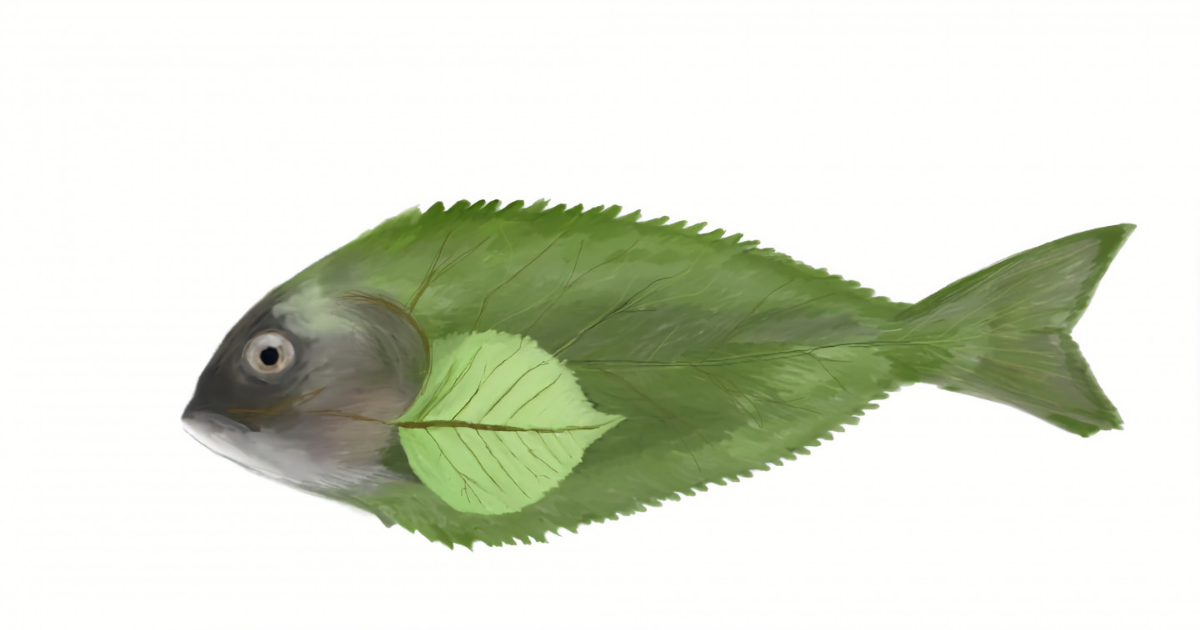“A wide variety of seafood including salmon, scallops, tuna, shrimps, caviar, crabs and squids have already gained popularity in their plant-based form in the markets.”
Plant-based alternatives to seafood, ranging from slices of aubergine marinated and pressed over rice to sauteed tofu wrapped in seaweed, have experienced a notable surge in their consumption in recent years. This is in accordance with the increasing health concerns among people concomitant to the ongoing times of global crisis. The alarming situation of our marine ecosystems, as has been well picturized in a recent documentary named ‘Seaspiracy’, has also gathered people’s interest towards animal welfare thus making them forgo natural seafood and stepping towards a ‘greener’ diet. Keeping in mind the sufferers of seafood allergies alongside, plant-based seafood substitutes have come out to be a healthier and easier alternative without needing to compromise the taste and texture.
Vegans and vegetarians may find it difficult to choose sustainable options among seafood, thus might see plant-based substitutes as an attractive alternative offering an additional dietary choice. As per recent findings, plant-based seafood industries have been found to be worth more than $900 million and have enjoyed a rise in sales by 18% in the previous year. This industrial sector has incurred a relatively slower but consistent growth in the past years.
A wide variety of seafood including salmon, scallops, tuna, shrimps, caviar, crabs, and squids have already gained popularity in their plant-based form in the markets. Good Catch, Ocean Hugger Foods, Sophie’s Kitchen, Gardein, BeLeaf, JINKA, Plant-Based Seafood Co. are the few amongst pioneering plant-based seafood industries. Considering the positive impact of plant-based substitutes of seafood on our oceans, an all-female family ventured into the seafood industry (Plant-Based Seafood Co.) with the passion of letting our oceans thrive again. An innovative alternative to raw tuna i.e., AHIMI was developed by James Corwell (the founder of Ocean Hugger Foods) which is a tomato-based Ahi tuna
“Plant-based seafood could make only 1% of all the retail sales of plant-based meat in 2019 in the US which is the country with most startups of vegan seafood.”
Although aforesaid circumstances demonstrate high demands of plant-based seafood substitutes in present times, they have been still considered to be where veggie burgers were around 10 years ago, as per Chad Sarno (co-founder and chief culinary officer of plant-based seafood brand Catch). Plant-based seafood could make only 1% of all the retail sales of plant-based meat in 2019 in the US which is the country with most startups of vegan seafood. And in turn the share of plant-based meat in total meat sales was also just 1%. This is indicative of how small the sector of seafood in the food supply chain at present. Among the most highlighted challenges faced by this sector are the under marketing, high cost, replicating exact taste and texture, nutritional benefits close to the real deal, comparatively less global outreach and lack of environmental awareness among seafood lovers. Countries have also been found to have done far less expenditures in the R&D sector of this industry. However, the sector holds massive potential and with the drastically changing times in terms of health, plant-based seafood industries may be seen making a mark with soaring high demands in the markets in near future.
“Aakriti Sharma is an aspiring Biotechnologist and an enthusiastic explorer, avid reader and often loves to pen down her thoughts.”

